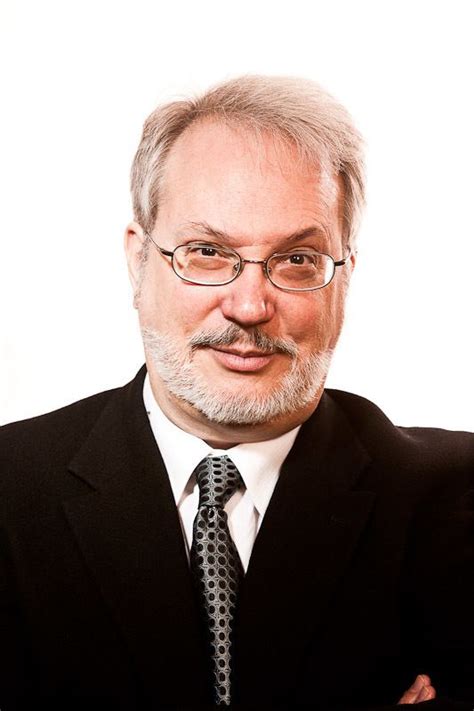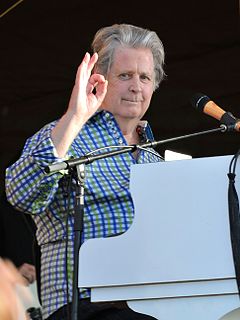A Quote by Elie Wiesel
I rarely speak about God. To God yes. I protest against Him. I shout at Him. But open discourse about the qualities of God, about the problems that God imposes, theodicy, no. And yet He is there, in silence, in filigree.
Related Quotes
You hear a lot about God these days: God, the beneficent; God, the all-great; God, the Almighty; God, the most powerful; God, the giver of life; God, the creator of death. I mean, we're hearing about God all the time, so we better learn how to deal with it. But if we know anything about God, God is arbitrary.
If we are in Christ the whole basis of our goings is God, not conceptions of God, not ideas of God, but God Himself. We do not need any more ideas about God, the world is full of ideas about God, they are all worthless, because the ideas of God in anyone’s head are of no more use than our own ideas. What we need is a real God, not more ideas about Him.
We need silence to be alone with God, to speak to him, to listen to him, to ponder his words deep in our hearts. We need to be alone with God in silence to be renewed and transformed. Silence gives us a new outlook on life. In it we are filled with the energy of God himself that makes us do all things with joy.
GraceQuest is a gripping story of one man's (and his family's) struggle with tremendous weakness and pain, but it is also a narrative theodicy--defense of God's goodness in spite of the undeniable reality of evil. . . . This is an honest and hard-hitting book about God's grace in and through tremendous loss of health and strength. Readers will find hope and help here if they are open to its message about the God-given 'strength to suffer well.'
We spoke to God about the children, and we were afraid to ask God for specific things. We thought that it might be too much. So we said to God 'Please give us a healthy child' and left it at that, not knowing that God is a generous God, but also has a sense of humor. And if you leave that much open for God, some wonderful jokes are going to come about.
Missions then is less about the transportation of God from one place to another and more about the identification of a God who is already there [...] You see God where others don't. And then you point him out. So the issue isn't so much taking Jesus to people who don't have him, but going to a place and pointing out to the people the creative, life-giving God who is already present in their midst.
It is God who gives us the spirit of worship (Psalm 133:3), and it is what we know of God that produces this spirit of worship. We might say that worship is simply theology, doctrine, what we think about God, going into top gear! Instead of merely thinking about Him, we tell Him, in prayer and praise and song, how great and glorious we believe Him to be!
The position of the Atheist is a clear and reasonable one. I know nothing about ‘God’ and therefore I do not believe in Him or in it; what you tell me about your God is self?contradictory, and therefore incredible. I do not deny ‘God,’ which is an unknown tongue to me; I do deny your God, who is an impossibility. I am without God.
There are two gods. The god our teachers teach us about, and the God who teaches us. The god about whom people usually talk, and the God who talks to us. The god we learn to fear, and the God who speaks to us of mercy. The god who is somewhere up on high, and the God who is here in our daily lives. The god who demands punishment, and the God who forgives us our trespasses. The god who threatens us with the torments of Hell, and the God who shows us the true path.
There are two gods. A god who casts us off because of our sins, and a God who calls to us with His love.
The beginning of prayer is silence. If we really want to pray we must first learn to listen, for in the silence of the heart God speaks. And to be able to see that silence, to be able to hear God we need a clean heart; for a clean heart can see God, can hear God, can listen to God; and then only from the fullness of our heart can we speak to God. But we cannot speak unless we have listened, unless we have made that connection with God in the silence of our heart.
Yes. The opposite of love is not hate. It is indifference. That is why few people find God. They go to church and talk about him and that sort of thing. They may even go out and evangelize and try to win converts. But in their hearts, if they are honest with themselves, they are indifferent to him because they cannot see him. God is too abstract for people. God is a word without meaning. If Jesus came back today, nothing he said would make any sense to those who wait for him. They would be the first ones to kill him again.





































